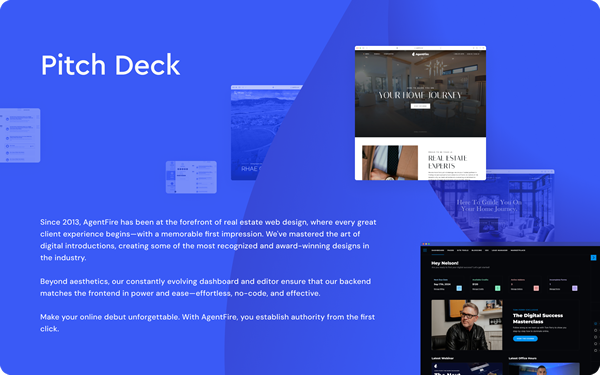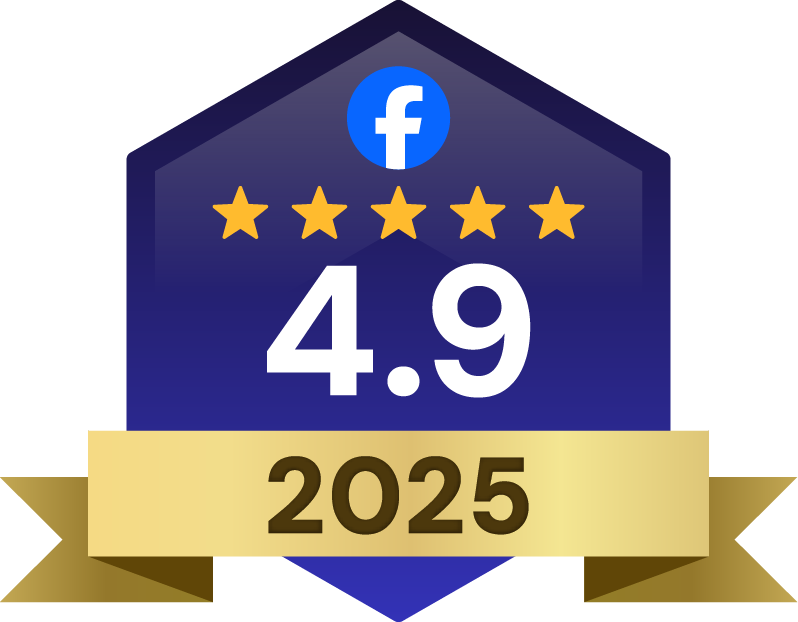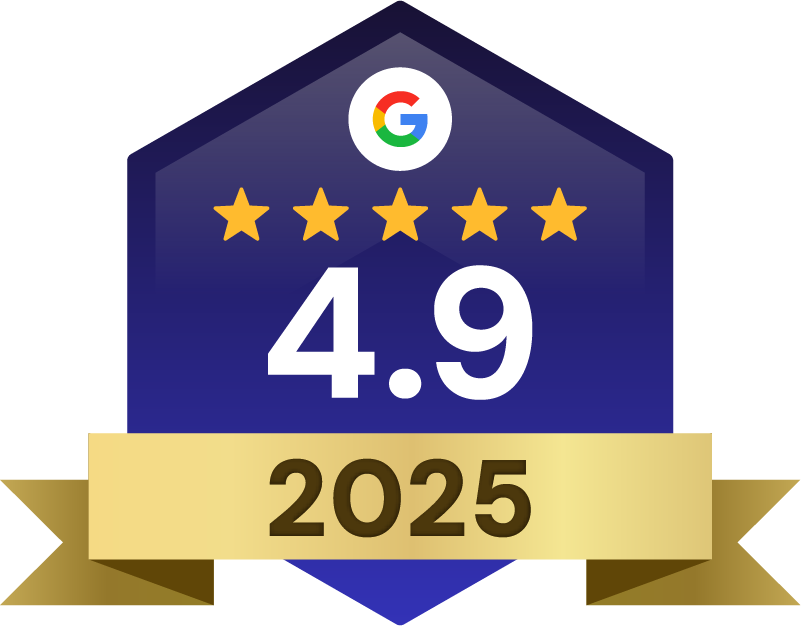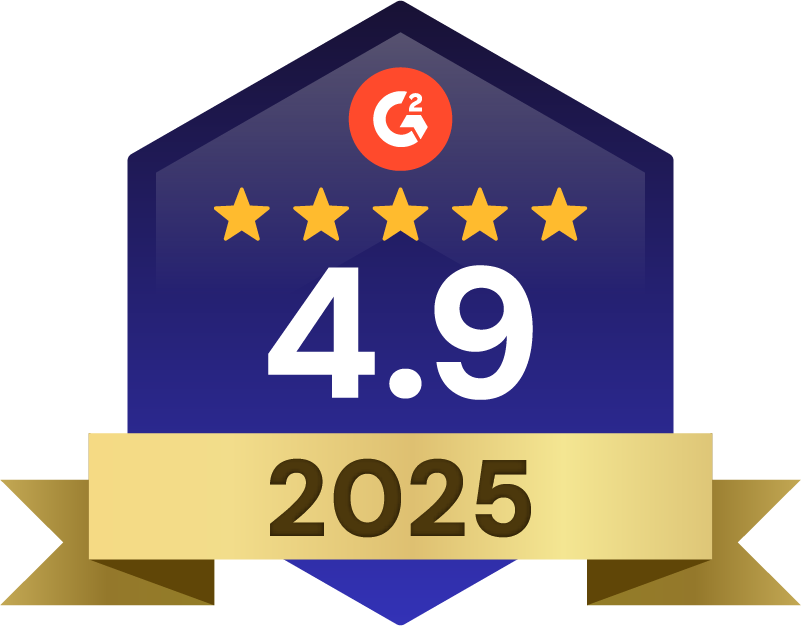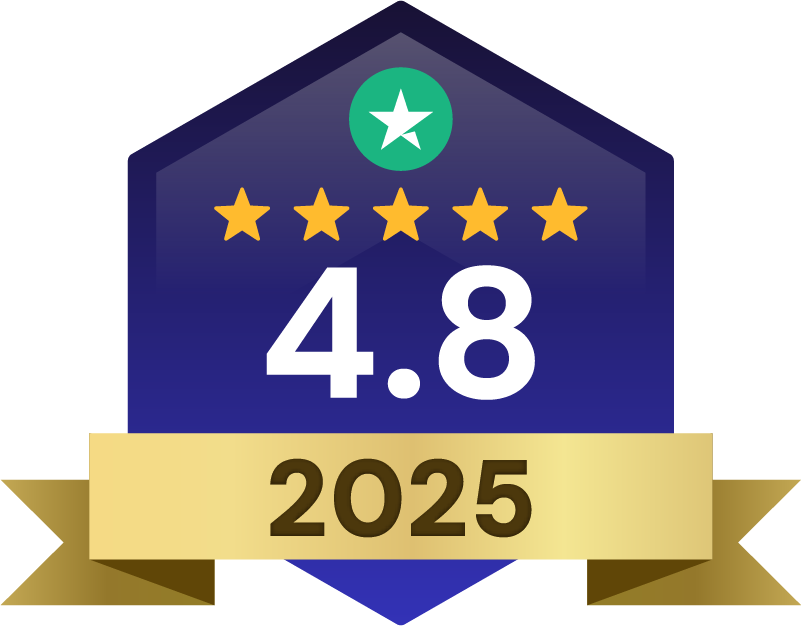When done correctly, Facebook content marketing is cost-effective, easy to implement, and can provide tremendous results for years to come.
Branding & Design Lead Generation
In case you missed it, in part one of this series we set up and optimized a Facebook Business page for real estate.
With your Facebook Business page up and running, the next step is to figure out a plan of attack for how you can start attracting visitors, and turning them into new business.
To do this, you’re going to need a killer Facebook content marketing strategy – but don’t let that phrase scare you!
Content marketing is all about sharing valuable knowledge that you already know with your potential clients.
And you do so on a consistent basis in a way that simultaneously provides value while demonstrating expertise. And when done correctly, it can provide tremendous results for years to come.
Let’s get down to (Facebook) business.
What Exactly Is Content Marketing?
Content marketing is a form of marketing that revolves around the creation and sharing of content that your target audience will find valuable and enjoyable.
This content can take the form of videos, blog posts, infographics, ebooks, podcasts, tutorials, etc.

Unlike traditional marketing, content marketing isn’t about explicitly selling your services.
Its main goal is to stimulate interest, increase awareness, and build trust.
If you’ve ever created and shared an informational real estate post to your Facebook page, then you’ve already engaged in Facebook content marketing!
Content Marketing Is All About Building Your Own Audience
Whenever you buy an ad on a billboard or a bus bench, run a direct mail campaign, or pay for an ad on TV, you’re not actually buying customers. You’re renting someone else’s audience.
The details vary, but it always goes something like this:
You contact the media outlet → You pay an advertising fee to display your ad for X amount of time → Your ad gets published
Once the campaign ends, you measure how effective it was, and you adjust your future campaigns based on what you’ve learned. But as soon as the ad campaign ends, the number of new leads you get begins to drop.
That’s because traditional marketing campaigns have a lifespan. They have a definite beginning, middle, and end.
Content marketing flips that concept upside down. ⬆⬇
Instead of buying access to the media, you become the media.
Instead of renting somebody else’s audience, you build your own audience.
And unlike traditional marketing, it’s up to you to decide when it ends.
Of course, you can’t build an audience in a day. It takes time and deliberate effort to see sizable results. That’s why it’s only natural to ask “what’s the point?”
Glad you asked!
Why Bother Doing Content Marketing?
Short answer? For the same reason you would invest in real estate. It’s a proven investment whose value appreciates over time.
Long answer? Four main reasons:
Content marketing has an excellent ROI
Research shows that in the long run, content marketing produces 3x more leads than traditional marketing, and only costs 1/3 of what you would otherwise spend.
And if you’re willing and able to make the content yourself, the only thing you have to invest is time.
Content marketing has a longer shelf life
Facebook Ads, Google Remarketing, and even traditional marketing like direct mail and bus bench ads… they’re only good for as long as you pay for them.
On the other hand, any content you create has the potential to stay relevant for years… maybe even decades ????.
Articles such as “how to price your home to sell,” “how to find the right real estate agent”, of “what’s the difference between a buyer’s market and a seller’s market” are always valuable.
And unlike traditional marketing, if you had significant success with a particular piece of content, you can always re-release it, update it, or repurpose it.
Content Marketing is a good long term investment
Content marketing is a lot like a retirement account. It starts out empty and doesn’t amount to much. But if make regular deposits to it over a long period of time, eventually it lets you retire and live off it.
A similar thing happens with content marketing. At first, your content won’t attract a lot of attention. But each time you create a new piece of content, the overall value of your “content retirement account” grows, and the larger the audience you will attract.
Eventually, you’ll reach the point where you can “live of it” in the sense that your audience grows so much, you no longer need to do traditional marketing.
Content marketing complements traditional marketing
There’s nothing to stop you from combining traditional marketing with content marketing. In fact, that’s exactly what most top agents and teams that we work with do.
Traditional real estate marketing can bring you results right now, particularly if you’re able to reach people who are ready to buy or sell right now.
However, most people you contact won’t be ready to buy or sell a home just yet. You could create traditional ads aimed at keeping those future prospects interested in your brand until they’re ready to buy. But that could become exceedingly expensive.
On the other hand, content marketing lets you engage those people that are not quite ready to hire you as their real estate agent, but will need your services in the future at a fraction of the cost.
And the best part about using a both marketing approaches at the same time? You’ll maximize the number of leads you can get from your marketing dollars.
What kind of content should you create?
There’s a huge variety of content to choose from, but you don’t need to create EVERY kind of content to be effective. You can start out with 2 or 3 types, and add more in the future as needed.
The 3 Most Proven Content Types Are:
Video
If a picture is worth a thousand words, a 5-minute video is worth exactly 8,991,000 words (Oh, you bet we did the math for the sake of this cringey joke. You’re welcome ?).
Kidding aside, video is extremely effective in drawing attention to your brand.
Not only does it take less effort to consume a video than a lengthy article, video also lends itself to a variety of real estate marketing activities (i.e properties tours, teaching real estate concepts, showing off neighborhoods, discussing current real estate trends, etc.).
But don’t think that you need a huge production budget to make a valuable piece of video content. A big budget helps, but it’s not absolutely essential.
Although Dave Ramsey has a budget large enough to always record on a studio, he shows that just recording himself driving his truck while discussing real estate can be very effective.
As long as your audience feels like they got something of value from watching it, your video could be something as simple as you recording yourself with your iPhone while discussing an interesting real estate topic.
Blog posts
Blog posts are one of the most accessible and effective forms of content, as well as one of the cheapest to produce. Setting up a blog is easy and affordable. And if you were given an agent website by your brokerage, chances are they also gave you access to a blog.
If you own an AgentFire Site, you already own a multitude of blogging tools, including the option to have unique content written for you!.
And to start writing, all you need are a few blogging ideas (here are 72 ideas).
Infographics
Infographics can display a ton of useful information in an attractive, and attention-grabbing image. This makes them ideal for sharing on social media (especially on your new Facebook Business page), your website’s blog, and on newsletters to your clients.

Make sure you choose a content type that fits you! If you love being in front of the camera, prioritize video. If you love writing, focus on blog posts.
And if you don’t love writing, but love the results that blog posts can bring you, hire someone else to write them for you ?.
Conclusion
Facebook content marketing is an excellent way to attract traffic. It’s affordable, its value appreciates over time, and it can help you prove your hyperlocal expertise and build trust in your brand.
Of course, simply sharing your content on Facebook isn’t enough to draw in an audience.
Don’t worry, we’ll fix that on the next part of this article. We’ll show you how to leverage Facebook’s marketing tools to create a target audience, how to promote your content to them, and start bringing traffic to your Facebook Business page and website right away.
If you don’t want to miss part 3, subscribe to our newsletter!
We publish valuable and timely articles regularly in the morning, to help you polish your digital marketing strategies over a delicious cup of coffee.
And if you really want to optimize your hyperlocal real estate domination strategy, check out our AgentFire Sites (rated #1 for multiple years running!).

